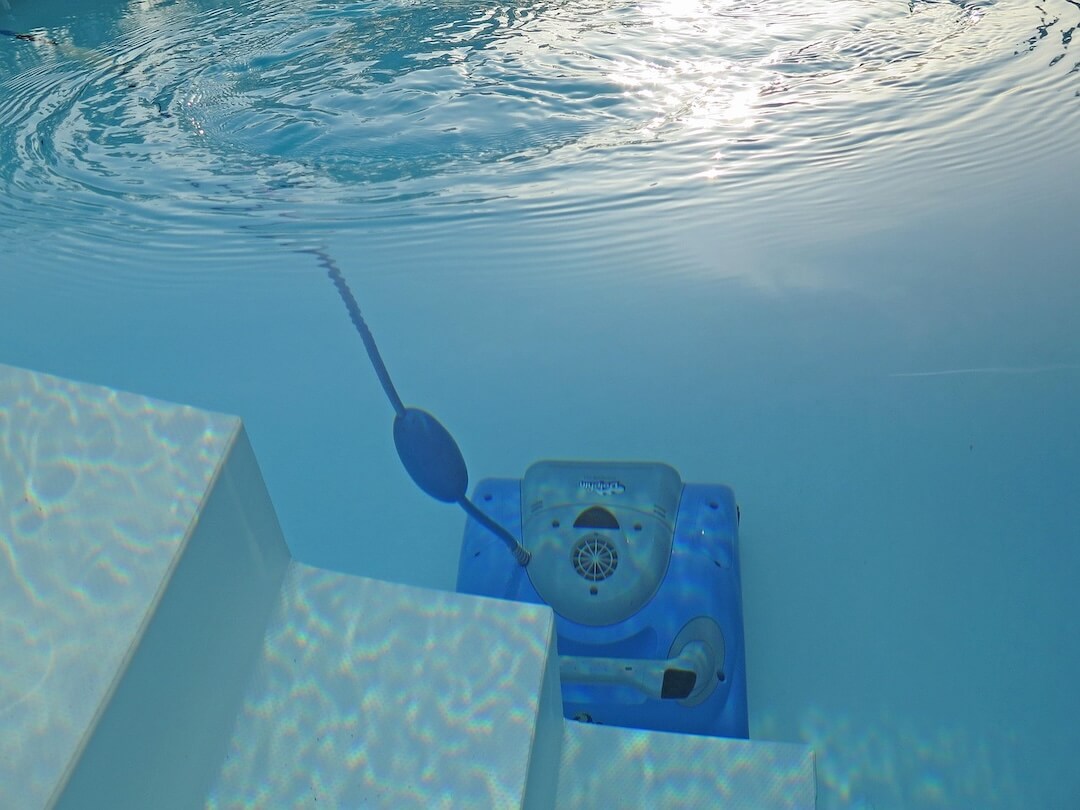How to Balance Pool pH Levels

How to Balance Pool pH Levels
Keeping your pool’s pH levels properly balanced is one of the most crucial aspects of swimming pool maintenance in Coconut Creek. Whether you are a seasoned pool owner or new to pool care, understanding how to manage pH levels can significantly impact the safety, clarity, and longevity of your pool. Proper pH balance ensures that your water remains comfortable for swimmers, prevents equipment damage, and minimizes the need for costly chemical adjustments. In this guide, our pool experts will walk you through the essential steps to achieve and maintain optimal pH levels in your Coconut Creek pool.
Understanding pH Levels and Why They Matter
The pH level of your pool water indicates its acidity or alkalinity, measured on a scale from 0 to 14. A pH of 7 is considered neutral, while values below 7 are acidic, and those above 7 are alkaline. For most pools in Coconut Creek, the ideal pH range is between 7.2 and 7.6. Maintaining water within this range ensures that disinfectants like chlorine work effectively, preventing bacteria and algae from thriving. Additionally, proper pH levels help protect pool equipment, such as filters and pumps, from corrosion or scale buildup.
When pH levels fall outside the recommended range, several issues can arise. Low pH (acidic water) can cause skin and eye irritation for swimmers, damage to pool surfaces, and corrosion of metal components. Conversely, high pH (alkaline water) may lead to cloudy water, calcium deposits, and inefficient sanitation. Regular testing and adjustment are essential for keeping the water balanced and inviting for all users.
Testing Your Pool’s pH Level
Routine testing is the foundation of effective pH management. Our pool experts recommend testing your Coconut Creek pool water at least twice a week during peak swimming season and at least once a week when usage is lower. Test kits are available in various forms, including liquid test kits, test strips, and digital testers. While test strips are quick and easy, liquid test kits tend to be more accurate, making them a preferred choice for precise adjustments.
To test the pH accurately, collect a water sample from just below the surface, avoiding areas with visible debris or algae. Follow the instructions on your testing kit carefully to determine the current pH level. Keep a record of your results to track trends over time and to inform your chemical adjustments. Remember, consistent testing ensures you can catch pH fluctuations early before they lead to more significant issues.
How to Adjust pH Levels Correctly
If your pool’s pH is outside the ideal range, it’s time to make adjustments. To raise the pH when it’s too low, our specialists advise adding a pH increaser, commonly known as soda ash or sodium carbonate. Conversely, to lower high pH levels, use a pH decreaser, typically muriatic acid or dry acid (sodium bisulfate).
When adding chemicals, always follow the manufacturer’s instructions carefully. Wear protective gear, such as gloves and goggles, and add chemicals gradually to avoid sudden pH swings. It’s best to distribute the chemicals evenly around the pool’s perimeter while the pump is running to promote proper circulation. After adding chemicals, wait at least four hours and then retest the water. Adjust as needed until the pH stabilizes within the target range.
It’s important to remember that chemical adjustments should be made in small increments. Overcorrecting can lead to rapid pH swings, which are difficult to stabilize and can cause further water chemistry problems. Patience and careful testing are key to achieving a balanced pool.
Preventing pH Imbalances in Your Coconut Creek Pool
Prevention is always better than correction when it comes to water chemistry. To keep your pool’s pH levels stable, consider implementing some best practices. Regularly cleaning your pool filters and skimming debris helps maintain proper circulation, which naturally stabilizes pH. Avoid adding excessive amounts of pool chemicals at once, and always pre-dissolve powders or acids in water before application.
Monitoring and controlling other water parameters, such as total alkalinity and calcium hardness, also play a vital role in preventing pH fluctuations. Our experts recommend maintaining alkalinity levels between 80 and 120 ppm, as proper alkalinity acts as a buffer against pH swings. Testing and adjusting alkalinity first can make pH balancing easier and more effective.
Additionally, controlling environmental factors like rainfall, debris, and algae growth can influence your pool’s pH. Regular brushing and vacuuming inhibit algae growth, which can cause pH to rise. Covering your pool during storms reduces the influx of dirt and chemicals that could alter the water balance.
When to Call in the Pool Professionals in Coconut Creek
While basic pH adjustments are manageable for most pool owners, there are times when expert assistance is advisable. If your pH levels are persistently out of balance despite regular testing and chemical adjustments, it might indicate underlying issues such as equipment malfunction or complex water chemistry problems. Our pool specialists are equipped to perform comprehensive water analysis and recommend targeted solutions to restore balance.
Furthermore, if you notice ongoing cloudy water, persistent algae blooms, or corrosion on your pool fixtures, professional intervention can save you time and protect your investment. Regular professional check-ups can also help detect potential equipment issues early, ensuring your pool remains in optimal condition throughout the year.
Contacting our pool experts in Coconut Creek offers peace of mind, knowing your pool is in capable hands. We can provide custom maintenance plans tailored to your pool’s specific needs, helping you maintain perfect water chemistry with minimal effort.
Conclusion: Maintaining Perfect Pool pH in Coconut Creek
Achieving and maintaining the right pH level in your Coconut Creek pool is fundamental to ensuring a safe, clean, and enjoyable swimming environment. Regular testing and careful chemical adjustments are simple yet effective ways to keep your water balanced. Remember, consistency is key—staying on top of water chemistry prevents many common problems associated with pH imbalance.
By following best practices, such as proper filtration, controlling environmental factors, and monitoring other water chemistry parameters, you can significantly reduce the risk of pH fluctuations. When in doubt, never hesitate to contact our experienced pool specialists who can provide expert guidance and professional maintenance.
A well-balanced pool not only enhances your swimming experience but also prolongs the life of your equipment and pool surfaces. Prioritize regular care and professional advice to enjoy crystal-clear water all season long in Coconut Creek. Trust our team to help you achieve the perfect pH balance and keep your pool inviting for family and friends alike.



